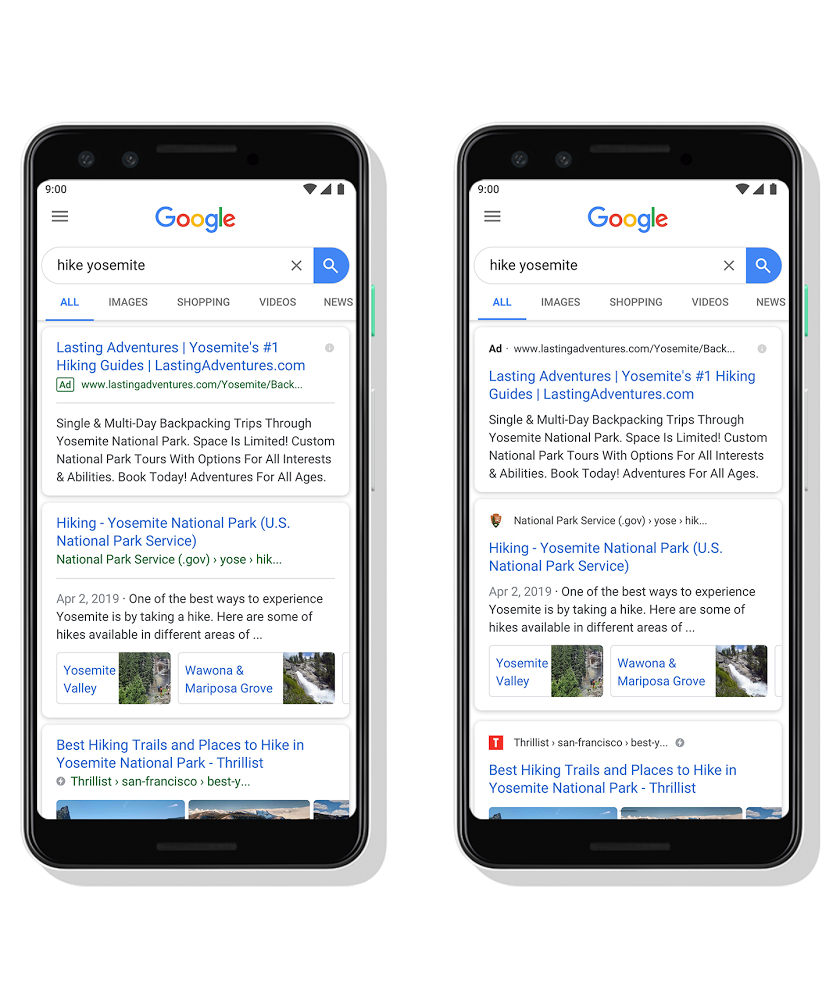Many non-profit organizations use “.org” as part of their domain name. The Public Interest Registry, which manages “.org”, has recently confirmed its sale to a private company. The network immediately caused a great response, and the biggest reason was the impact on the price of domain names. As early as June, the Internet Corporation for Assigned Names and Numbers decided to abolish the price ceiling for “.org”, which caused a lot of controversy at that time. Management rights are now sold to private companies, and the representative price may be determined entirely by a company. As another factor, most of the pages that currently use “.org” as part of their URLs are non-profit groups. The suitability of handing over “.org” to a private company is also a focus. Now, non-profit groups have initiated joint signings online, hoping to withdraw the relevant transactions.




